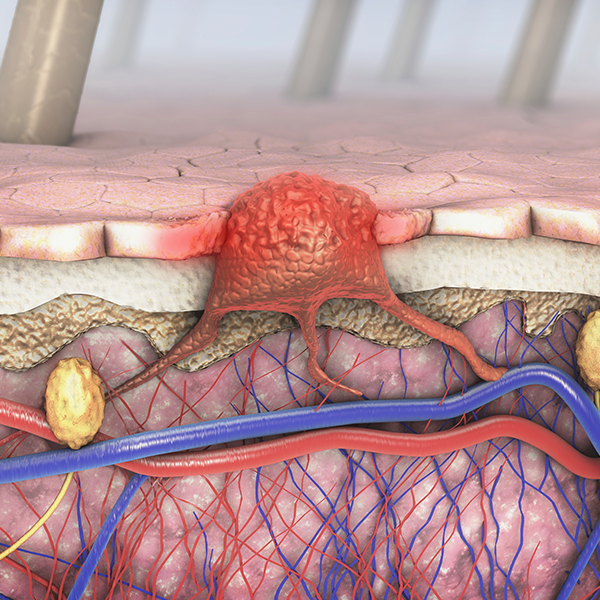-
Mayo Clinic study confirms living kidney donor surgery is low risk for most patients

ROCHESTER, Minn. — The risk of major complications for people who donate a kidney via laparoscopic surgery is minimal. That is the conclusion of a 20-year Mayo Clinic study of more than 3,000 living kidney donors. Only 2.5% of patients in the study experienced major complications, and all recovered completely.
"The results of this study are extremely reassuring for individuals who are considering being living kidney donors. We found that this lifesaving surgery, when performed at experienced transplant centers, is extremely safe," says Timucin Taner, M.D., Ph.D., chair of the Division of Transplant Surgery at Mayo Clinic's William J. von Liebig Center for Transplantation and Clinical Regeneration in Minnesota. Dr. Taner is a co-author of the study.
The study was published in Mayo Clinic Proceedings.
The results are significant, given that nearly 90,000 people in the U.S. are waiting for a lifesaving kidney transplant. Patients who receive a kidney from a living donor generally have better outcomes. Living donor kidneys usually function longer than those from deceased donors.
The retrospective, single-center study is believed to be the largest research study to date to examine the risks associated with living kidney donation via laparoscopic surgery. The study involved 3,002 living kidney donors who underwent laparoscopic living kidney donor surgery at the transplant center from Jan. 1, 2000, to Dec. 31, 2019. The study tracked complications that occurred up to 120 days after surgery.
Overall, 12.4% of patients had postsurgical complications, with most of them experiencing an infection or hernia related to the incision. Most of these complications occurred in the earlier era of the study. No patients died. Researchers discovered 76% of those complications happened after the patient was discharged.
"While this study reinforces the safety of this surgical procedure, it does highlight the importance of following up with the donors after donation. That ensures any complications can be treated quickly without any long-term damage," Dr. Taner says.
The study's other authors — all of Mayo Clinic — are Xiomara Benavides, M.D.; Richard Rogers, M.D.; Ek Khoon Tan, M.B.B.S.; Massini Merzkani, M.D., Sc.D.; Sorkko Thirunavukkarasu, M.B.B.S.; Furkan Yigitbilek, M.D.; Byron Smith, Ph.D.; Andrew Rule, M.D.; Aleksandra Kuka, M.D.; George Chow, M.D.; Julie Heimbach, M.D.; Patrick Dean, M.D.; Mikel Prieto, M.D.; and Mark Stegall, M.D.
###
About Mayo Clinic Proceedings
Mayo Clinic Proceedings is a monthly peer-reviewed journal that publishes original articles and reviews on clinical and laboratory medicine, clinical research, basic science research, and clinical epidemiology. The journal, sponsored by Mayo Foundation for Medical Education and Research as part of its commitment to physician education, has been published for 95 years and has a circulation of 127,000.
About Mayo Clinic
Mayo Clinic is a nonprofit organization committed to innovation in clinical practice, education and research, and providing compassion, expertise and answers to everyone who needs healing. Visit the Mayo Clinic News Network for additional Mayo Clinic news.
Media contact:
- Heather Carlson Kehren, Mayo Clinic Public Affairs, newsbureau@mayo.edu







